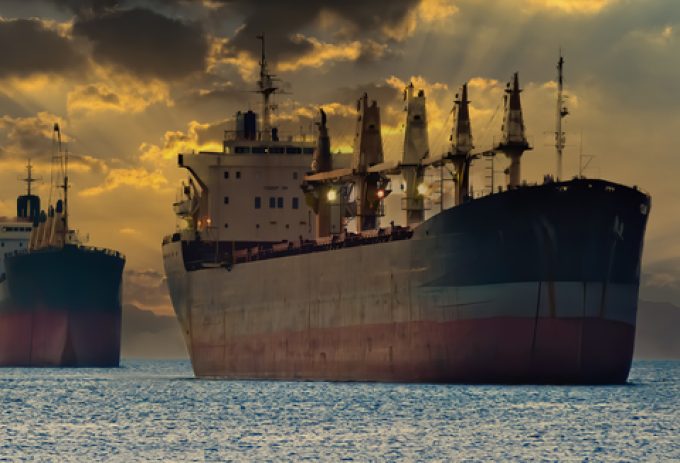Houthis threaten Israel with more 'naval operations'
Any hope for shippers that the Red Sea could welcome back containerships this year may ...

If you harbour any hope that the Red Sea crisis might come to an end soon, The Loadstar respectfully suggests you should abandon it, as this extraordinary report in the Maritime Executive claims the Yemini militia group is earning around $180m a month in tolls from shipowners to not attack their vessels as they pass the Bab Al-Mandeb straits. The source of the article is a 537-page report from the UN’s expert panel on Yemen.
Ever wondered why some shipping lines ...
Volcanic disruption at Anchorage could hit transpacific airfreight operations
Macron calls for ‘suspension’ – CMA CGM's $20bn US investment in doubt
De minimis exemption on shipments from China to the US will end in May
Forwarders stay cool as US 'liberation day' tariffs threaten 'global trade war'
Shippers snap up airfreight capacity to US ahead of tariff deadline
Looming Trump tariffs will create 'a bureaucratic monster' for Customs
Mixed response in US to 'Liberation Day', while China leads wave of retaliation

Comment on this article